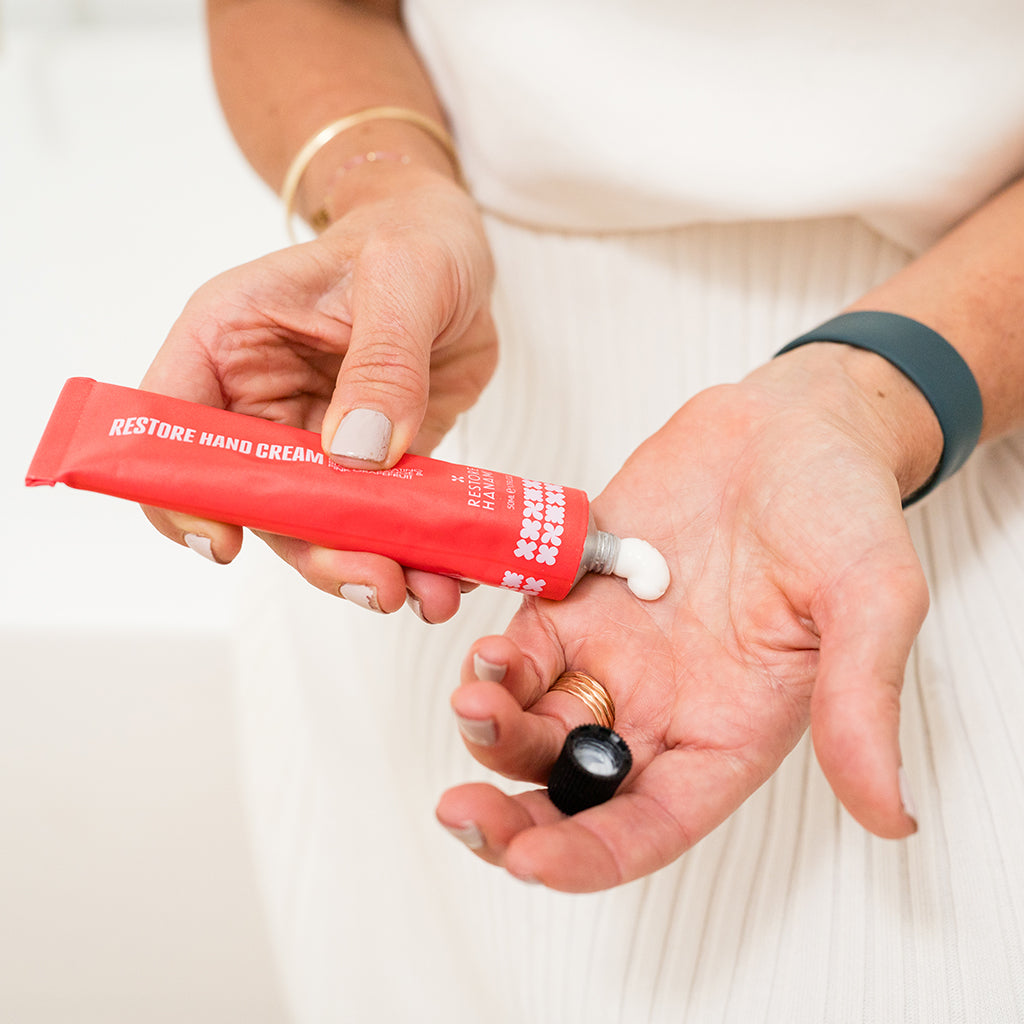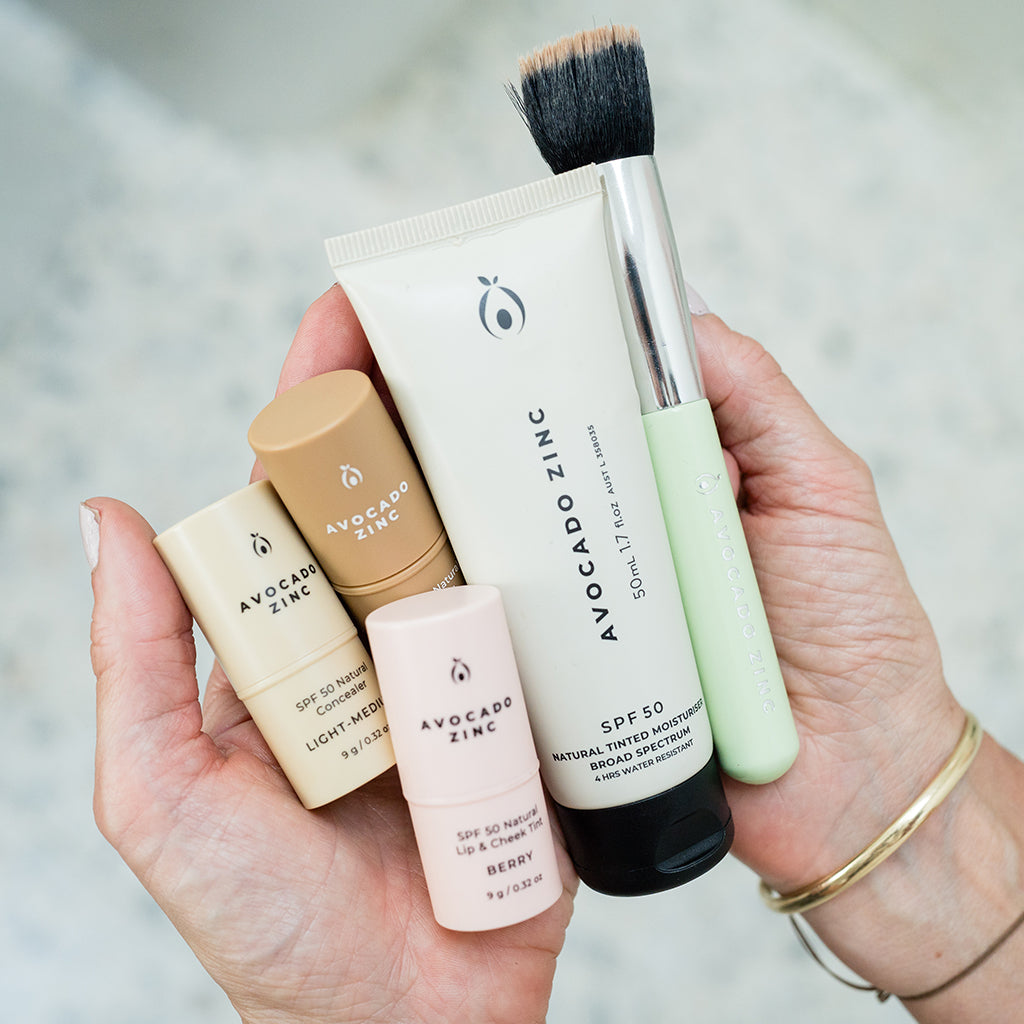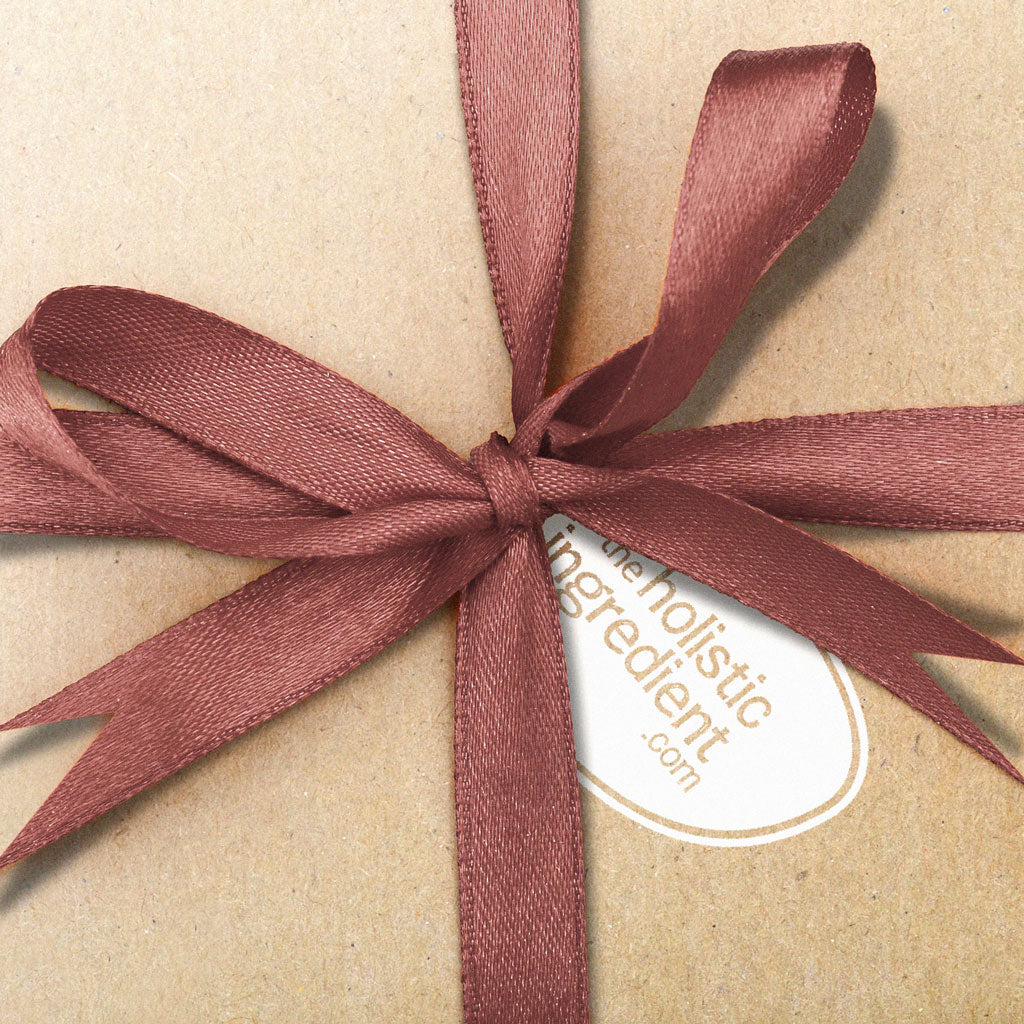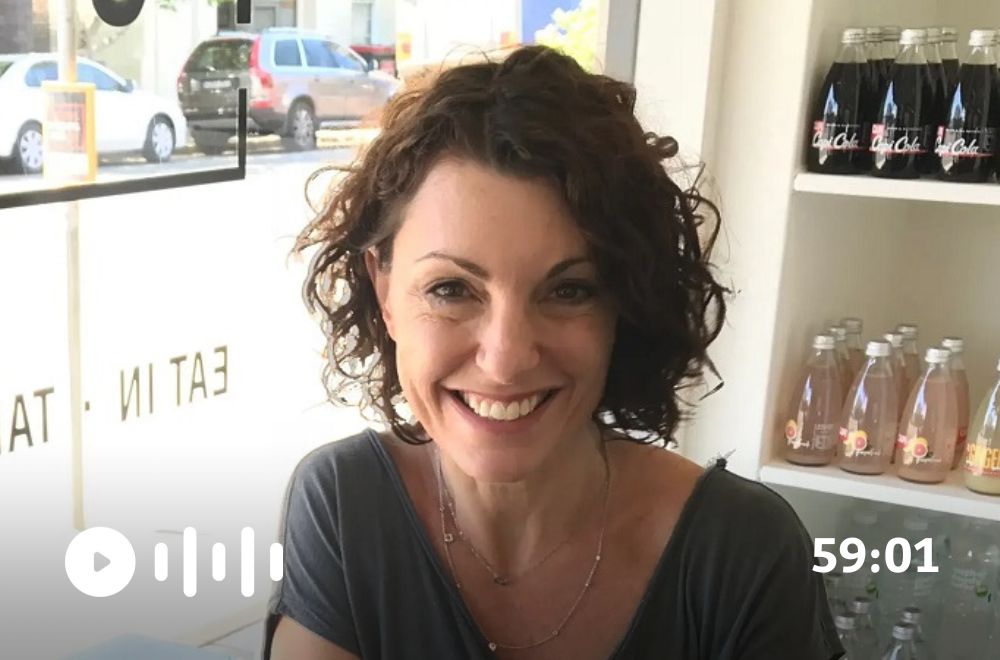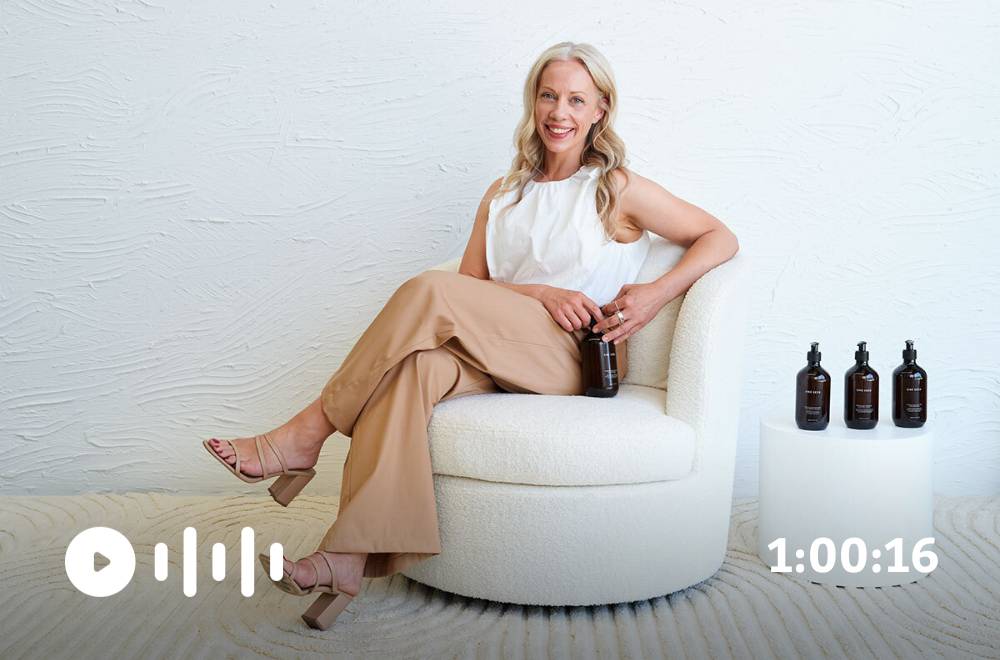
Hello! It's lovely to be back in the podcast seat I must say. I've had a break over the last couple of weeks having put myself on a staycation during lockdown in Melbourne because I was finding that my cup wasn't refilling as efficiently as it normally does! So I took some time out, removed myself from as much responsibility as I could, in an effort to get some more rest, and find some more real estate in my mind to think a little more clearly about the next steps in my personal and working life. There’s been an awful lot going on this year, and a very familiar feeling has threatened to creep back into my life.
Listen to the full episode on Apple Podcasts, Spotify, Google Podcast and more.
Broadcast: September 24, 2021
Duration: 14:28
Here’s a snippet of my recording…
Overwhelm has started creeping up on me…
It’s that feeling of overwhelm that I wanted to chat to you about today. As a therapist, I know overwhelm is a feeling that many people really struggle with. Yet it can be far easier to manage, for want of a better word, than we realise.
Long before I came to understand the notion that “nothing has any meaning other than the meaning I give it”, I was regularly riddled with overwhelm. It was almost an addiction. The adrenaline that came from my mind constantly racing, flicking my eyes from one task to another on the To Do list. Then unfortunately with that overwhelm comes a feeling of freezing, of real stuckness, and we become so crippled by the clouds in our head that we end up getting next to nothing done. So we need to find a way through this overwhelm or a way certainly to hold it at bay, which can, at a time like this, with the added complexity in our lives, be quite tricky. So finding tools to help you better manage that overwhelm is crucial.
We get to choose what we think, say and feel.
Now, what we're effectively doing when we take on this feeling of overwhelm, is reacting to a combination of thoughts and associated demands on us from work, from others, from ourselves - and that word react is really pertinent. We ultimately, in its simplest form, we get to choose to react to all of the former by going into this place of overwhelm - we get to choose what we think, say, or feel every minute of the day. And I know that sounds terribly simple, and we're humans - we are going to have immediate reactions to things that we don't have a lot of control over, but some of this we do. And admittedly, a lot of this takes practise.
Now, what I'd love you to do is imagine a long ‘to do’ list on a page. Now, again, this is simply a list of words on a page. Nothing has any meaning other than the meaning we give it, right? So this is a list of words on a page but it's also a list of tasks that we’ve set for ourselves on a page.
Try this exercise when you see that to-do list.
Now, what I'd love you to do is to imagine your eyes running down that list. And then feeling into what often comes up next. So you're looking down the list and it's like, “Oh God, I've got to do that and that, I’ve got to do this, that and allll of that… oh my gosh!” And then you glance at your watch, and you realise the time. “Oh my God - I’ve still got to do that, and then I've got to do that all by this specific time. Oh my God. I'm so stressed!” And then your head explodes and BOOM! “I'm so overwhelmed!”
We all know how easily that can happen, right? And for many I imagine at the moment it's happening on a far too regular basis.
Let’s imagine something different…
So what just happened is we piled all the tasks inside our head until we couldn't think straight and nor could we get anything done with any degree of efficiency whatsoever. But what we often fail to understand or appreciate is more often than not we've created what just happened - we created that overwhelm and just as easily, we can prevent it from happening at all.
So I want to share this really simple tool and I mean it, it's terribly simple because obviously it's really important that we don't over-complicate a tool to reduce overwhelm! It requires a little bit of practice and a degree of focus from you. In its simplest form it’s essentially a mindfulness exercise.
Place yourself in a protected bubble.
So, what you need to do is imagine that you're sitting in a big peaceful bubble, right? So you've got a big circle all around your body. And you are in complete control of what infiltrates this bubble, and nothing can come into this bubble, into your personal space without your permission. So imagine this circle is encasing your whole body, enveloping it. Now, what I want you to do is imagine that all the jobs, all the things that you have to do are placed outside of that bubble. So down to the left you might have the emails you need to respond to, above them a little bit you might have a trip to the supermarket, further above you might need to return a couple of phone calls, a bit round to the right maybe you have to go and do some exercise or pick up the kids from school. Whatever it is, cleaning, cooking, and on it goes.
Now, typically what happens with overwhelm is we let all these items on our to-do list, all of those items outside of our bubble cave into our bubble at the same time. So here's the crucial point, and your success at managing this overwhelm rests on this. One by one, you grab one task from the outside of your bubble and you bring it inside, but only one task is allowed inside the bubble at any given time. Just one.
Pick one task to bring into the bubble at a time.
So here's an example. Let's say you decide, you want to knock your emails over and you decide how much time you're going to dedicate to them. Let's say 30 minutes. So all you do for that time is your emails and the rest you leave outside of your bubble. Now, in this instance, and with many tasks that you do I recommend turning off your notifications, turning over your phone so you can't see the screen, and only focusing on your emails. We all know how quickly a 30-minute job such as doing your emails can turn into a two hour job when you're being distracted by all sorts of things that pop into your mind, into your office and into your home. Now. You've grabbed the emails from outside of your bubble and you’re focusing on them for 30 minutes. When the emails are done, you just imagine putting your inbox back outside of the box.
Separate your tasks – and simplify.
So, now you're sitting inside this peaceful bubble with no other tasks and now it's time to grab the next one. So let's say exercise, you might decide that you want to go for a 60-minute walk. And because for the purpose of this particular podcast, we're focused on maintaining or reducing the overwhelm in our lives, you might even consider walking without any distractions - so no podcast, no phone calls, no audible, no social media, just you and a commitment to notice for instance, all the beauty you see on your walk. Or to focus on smiling at a stranger or focusing on your breath or on your steps - or whatever feels good for you. So you go off for your 60-minute walk, just you and the walk, knowing that everything else you need to do lies outside of that bubble. And then you walk back in the door and you commit to whatever else is outside of your bubble, your next task.
And that's it. So obviously what we're doing is practicing mindfulness by just doing one thing at a time. It’s ridiculously simple yet it can be just so effective given we are now in control of the flow of our day. We're not reacting to it all. We're not letting it all hijack our mind.
Gently push overwhelm out of your beautiful bubble.
As with everything only we can maintain this control and it absolutely relies on us taking responsibility for our progress throughout the day. And you know what, there'll be moments where you can feel your shoulders rising, where you can feel your body tensing, where you can feel a little bit of overwhelm coming in. And in those moments, what I recommend is you just gently remind yourself nothing has any meaning other than the meaning I give it. Recognize this feeling of overwhelm infiltrating your body. And when you sit with that, you also realise that you've allowed all of these different things to infiltrate your mind. So just imagine gently pushing them all outside of this beautiful bubble of yours. And maybe ask yourself “I've only got two hours left in my day. What is my priority? Where am I going to start? I'm just going to start with that one thing.” And that's really key - asking yourself how important is it that you all of this done today.
One more thing… Tapping.
There's another really simple tool that you can use for overwhelm, and that is EFT or tapping. Lots of you have experienced this with me before I know. But if you start feeling overwhelmed in any given moment, simply rate the intensity of that overwhelm out of 10. And then you could also consider feelings of stress or feelings of frustration. Then, tap on the appropriate meridian points around your upper body. And that is a beautiful way of reducing overwhelm on the spot quickly. So both of those exercises should be really helpful at a time.


